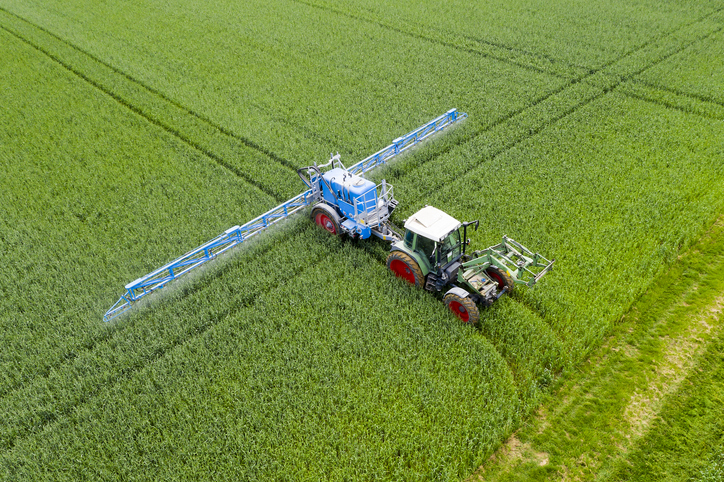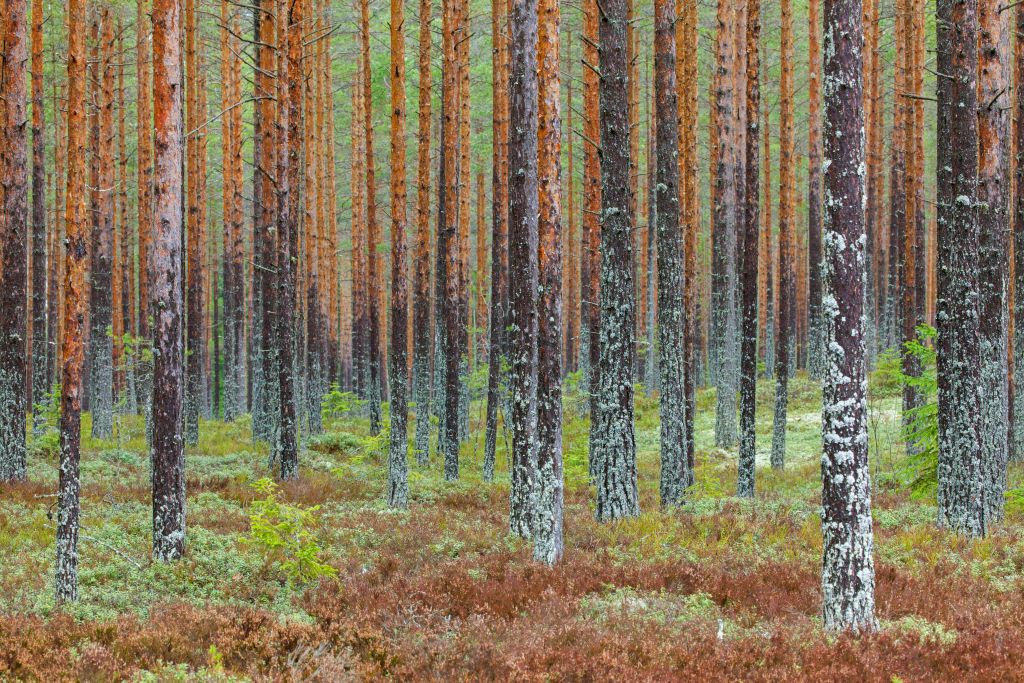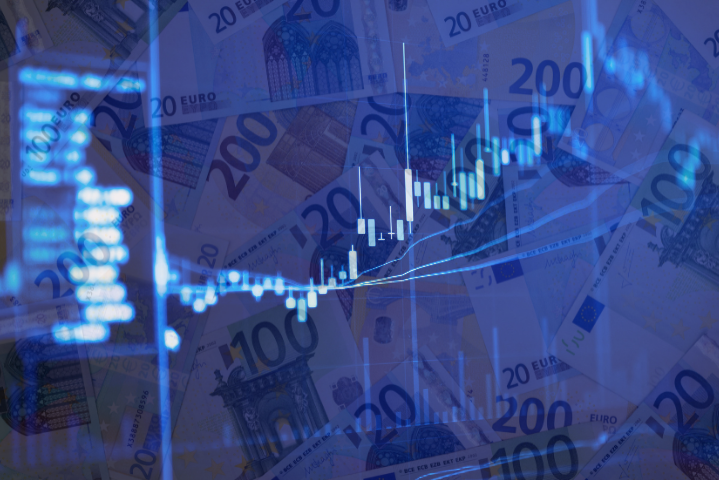Food security relies on fertiliser, but can farmers square climate and financial targets?
Agriculture stands at a crossroads, caught between ambitious climate goals and economic reality, can new fertilisers bridge the gap?
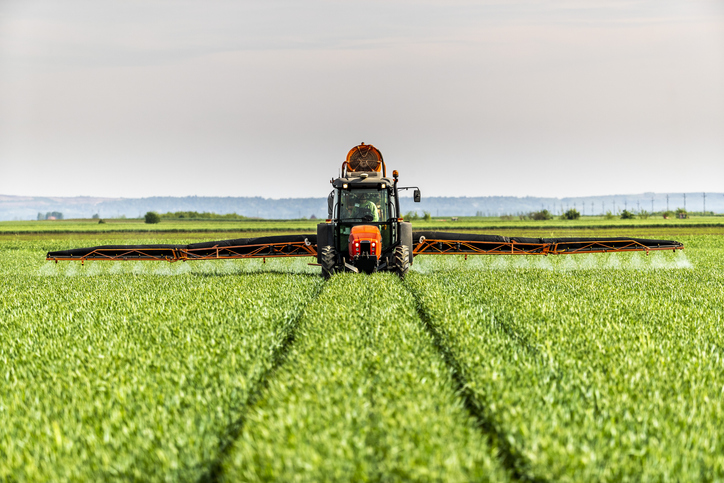
Europe’s food security begins long before harvest; it starts in the fertiliser plants that keep our soils productive. Yet this cornerstone of agriculture now stands at a crossroads, caught between ambitious climate goals and economic reality.
As new carbon border rules take shape and emissions trading obligations tighten, the ammonia value chain faces rising uncertainty over costs, investment, and competitiveness.
Policymakers and industry leaders alike are searching for balance: how to stay true to Europe’s green ambitions while keeping domestic production viable.
New technologies offer a way forward – from carbon capture to renewable ammonia – but turning potential into practice will depend on one thing above all: giving industry the clarity and confidence to invest in the future.
Green or blue? Fertilisers face two routes to decarbonisation
Fertilisers are essential to European agriculture, but they also contribute to climate change. For this...
8 minutes
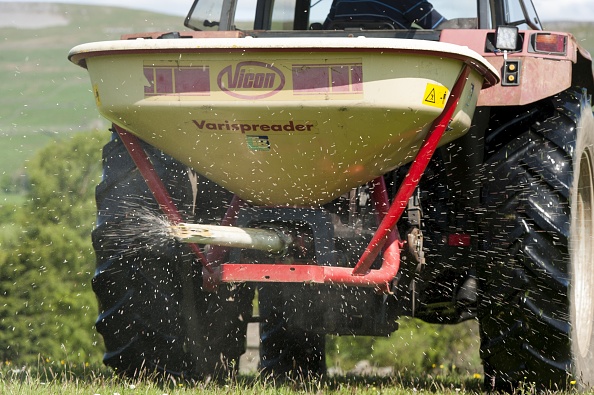
Help is on the way for fertiliser sector, says Commission
Fertilisers are an often-overlooked cornerstone of European food security and agricultural competitiveness. They deliver the...
6 minutes
